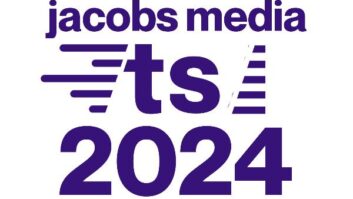If the two satellite radio companies merge, they would need to support two separate technology platforms until about 2016.
This is key, as Wall Street analysts have been debating how much money Sirius and XM might save by merging and how far down the road those benefits would be realized.
The 2016 date is from Sirius President/CEO Mel Karmazin, who testified before the House Telecom and Internet Subcommittee this week in a hearing about the future of radio. The satcasters don’t want to make current receivers obsolete, he said.
In other words, Sirius signals can’t transmit and be received by XM radios and vice versa.
When asked by Subcommittee Chairman Ed Markey, D-Mass., if a merged company might be able to give up one of its two chunks of 12.5 MHz spectrum space, Karmazin said that using compression technology, each company could “squeeze more channel capacity” out of their respective services to add some more programming, but could not give up a big swath of spectrum.
Yet, he left the door open by saying. “We’re not spectrum hogs” and “would be open to other ideas.”











